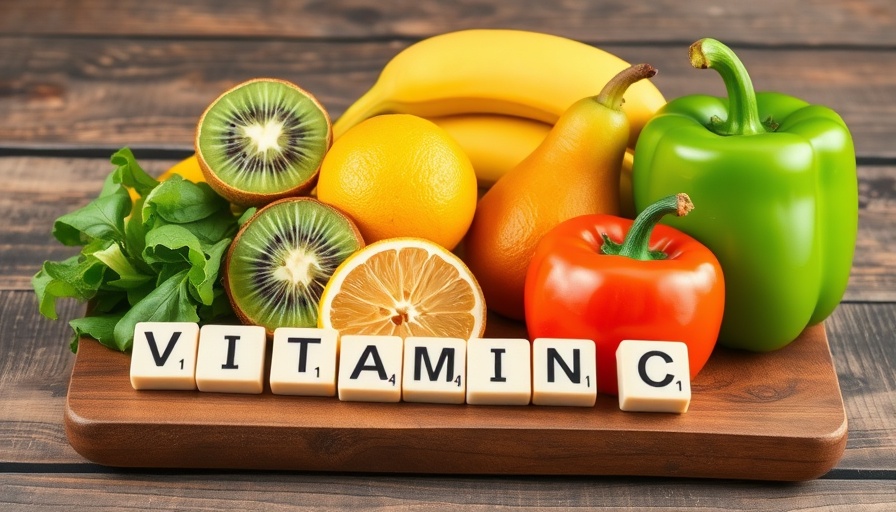
Unveiling the Health Benefits of Fruits: A Parent's Guide
In a world increasingly focused on health and wellness, parents often find themselves navigating a complex landscape of dietary choices. When it comes to fruits, the options are vast and varied, each offering unique health benefits. However, not all fruits are created equal; some can even hinder our efforts toward holistic health. This article aims to highlight the fruits that can significantly enhance your family’s well-being while cautioning against those that might not be as beneficial.
The Powerhouses of Nutrition
Certain fruits stand out as nutritional powerhouses, and incorporating them into your family’s diet can yield remarkable health benefits. Fruits such as berries, citrus, and leafy greens are often enriched with vitamins, antioxidants, and fiber, making them integral to a balanced diet. Berries, for instance, are rich in vitamin C and antioxidants, known for their immune-boosting properties. Citrus fruits such as oranges and lemons not only provide refreshing flavors but also enhance the absorption of iron when paired with meals.
Fruits to Embrace for Optimal Health
- Berries: Blueberries, strawberries, and raspberries are exceptionally high in antioxidants, which combat oxidative stress and inflammation.
- Citrus: Oranges, grapefruits, and lemons are not just refreshing; they help improve your skin health and bolster your immune system.
- Avocados: Often mistaken for a vegetable, avocados provide healthy fats that aid in nutrient absorption and promote heart health.
A Cautionary Note: Fruits to Limit
While many fruits boast health benefits, some can be surprisingly high in sugar and may not align with holistic health objectives. Fruits such as mangoes and grapes, while delicious, can lead to spikes in blood sugar levels if consumed excessively, especially for individuals managing conditions like diabetes. It's crucial for parents to guide their children toward moderate consumption, emphasizing a variety of choices over quantity.
Connecting Food Choices to Mental Health
Diet plays a pivotal role in mental health; the foods we consume directly impact our mood and cognitive function. Studies show that diets rich in fruits and vegetables correlate with lower levels of depression and anxiety. As parents, encouraging our children to adopt healthy eating habits can cultivate a positive mindset and contribute to emotional resilience.
Leveraging Alternative Remedies for Holistic Health
In addition to traditional fruits, exploring alternative medicine practices can further enrich your family's health regimen. For instance, integrating herbal medicine or homeopathy can complement a diet rich in fruits. Practices like Ayurveda and traditional healing rituals found in South Africa can offer additional layers of support for well-being. Parents can benefit from understanding these methods to provide a rounded approach to their families' health.
Practical Tips for Parents: Making Fruits Attractive
Getting kids excited about healthy eating can often be a challenge. Here are some actionable insights:
- Involve children in grocery shopping to discover new fruits together.
- Create fun fruit-based meals or snacks that are visually appealing.
- Introduce a variety of textures and flavors to keep their interest piqued.
Conclusion: Taking Action Towards Healthier Choices
As we unravel the relationship between diet and health, it’s clear that both traditional fruits and alternative medicines possess the potential to elevate our family’s well-being. Parents are encouraged to cultivate a nurturing environment by making informed food choices and exploring various health practices to support mental and physical health. Making these vital connections will empower your family to thrive, so why not start today?
For further guidance on natural remedies and holistic health approaches, consider seeking local wellness practitioners. Finding a holistic health practitioner or exploring herbal remedies can open new avenues for maintaining your family's well-being!
 Add Row
Add Row  Add
Add 




Write A Comment